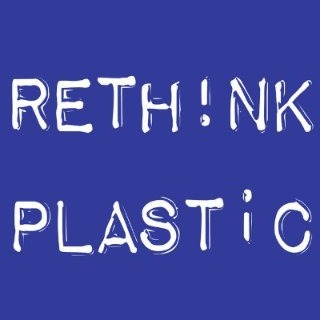Recovery of Added Value Molecules From Agro-Wastes to Apply as Coating for the Food Packaging
The report developed by Circular Economy Portugal examines the feasibility and benefits of scaling reusable packaging systems across Europe, with a focus on three critical sectors: takeaway food containers and cups, e-commerce packaging for clothing and accessories, and household care product containers in large retail. The study identifies substantial environmental, social, and economic benefits associated with increased reuse while addressing the barriers and opportunities for widespread adoption. It emphasizes that under the right conditions, including supportive policy frameworks and standardization, reuse systems can significantly reduce environmental impacts, including greenhouse gas emissions, water usage, and material consumption.
The analysis demonstrates that reusable packaging offers significant environmental advantages over single-use systems. By 2030, if reusable packaging systems achieve a 50% market penetration in the studied sectors, Europe could save 28 million tonnes of materials, conserve 10 billion cubic meters of water, and reduce CO2 emissions by 3.7 million tonnes annually. These savings equate to the water usage of four million Olympic-sized swimming pools and the CO2 absorption of 170 million mature trees. Furthermore, reusable systems promise economic benefits, potentially saving consumers and businesses billions of euros over time.
Despite these advantages, several barriers must be addressed. Reusable systems face challenges related to infrastructure costs, logistics, and the lack of standardized formats and policies. Current systems often lack clear incentives and legal frameworks, hindering their ability to compete with single-use packaging. To overcome these obstacles, the study advocates for harmonized packaging standards, which would reduce business uncertainty, foster economies of scale, and increase system efficiency. Such standards should guide packaging design, washing protocols, and logistics, ensuring safety, reducing costs, and maximizing environmental benefits.
The report includes case studies illustrating successful implementation of reusable systems. For instance, a centralized cleaning service for reusable food containers in France has demonstrated significant reductions in carbon emissions and waste management costs. Similarly, an e-commerce system employing reusable mailing bags across Europe has reduced packaging waste by 96% and carbon footprints by up to 80%, though higher upfront costs remain a challenge. In the household care sector, initiatives like refill stations and home delivery systems have shown promise in reducing packaging waste and conserving resources.
Policy recommendations emphasize the need for binding reuse targets, sector-specific standards, and economic incentives. Mandatory reuse options for consumers, green public procurement criteria, and investments in infrastructure are also essential to accelerate adoption. The study further calls for capping single-use packaging production and restricting certain formats to promote bulk sales and reusable alternatives.


